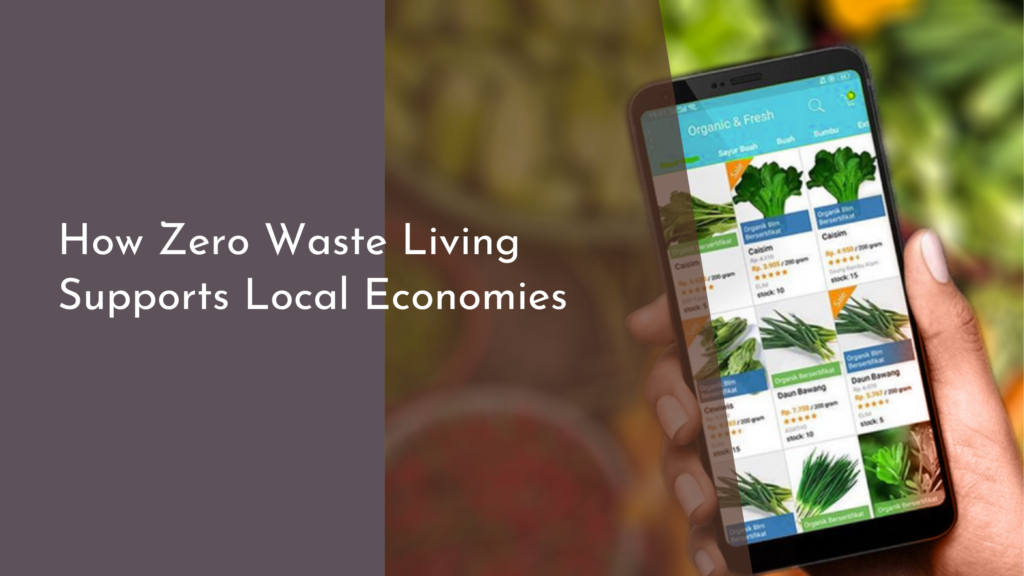The future of biodegradable sensors in agriculture
As the world continues to grapple with the consequences of climate change and environmental degradation, innovative solutions are emerging in the realm of agriculture. One promising development is the rise of biodegradable sensors, which stand to transform farming practices while allowing for a more sustainable approach to food production. These sensors not only assist farmers in making data-driven decisions but also minimize environmental impact, ensuring a healthier planet for future generations. This article explores the potential of biodegradable sensors in agriculture, their revolutionary implications for agri-tech, the benefits they bring to sustainable farming, and the exciting innovations on the horizon.
Exploring the Potential of Biodegradable Sensors in Farming
Biodegradable sensors are designed to monitor various parameters in agricultural environments, such as soil moisture, temperature, and nutrient levels. Unlike traditional sensors that often contribute to electronic waste, biodegradable options break down naturally over time, reducing the environmental burden associated with sensor disposal. This characteristic makes them particularly appealing for farmers looking to adopt more sustainable practices without sacrificing the benefits of modern technology.
Moreover, these sensors can be embedded directly into the soil or plants, allowing for real-time data collection that can significantly enhance crop management. By providing farmers with precise insights into their fields, biodegradable sensors empower them to optimize irrigation, fertilization, and pest control measures. This level of precision not only boosts crop yield but also minimizes resource waste, fostering a more efficient and eco-friendly farming approach.
How Biodegradable Technology Can Revolutionize Agri-Tech
The incorporation of biodegradable technology into agri-tech can lead to a paradigm shift in how farmers approach sustainability. With the increasing awareness of the ecological impact of agriculture, these innovative sensors represent a step forward in aligning farming practices with environmental stewardship. The ability of biodegradable sensors to decompose naturally eliminates the need for cumbersome waste management processes typically associated with electronic devices.
Furthermore, the integration of biodegradable sensors with data analytics and artificial intelligence can enhance decision-making processes. These technologies can analyze vast amounts of data collected by sensors and provide actionable insights for farmers. This synergy not only improves productivity but also encourages a culture of innovation in agriculture, inspiring a new generation of farmers to adopt smarter, greener farming techniques.
Benefits of Eco-Friendly Sensors for Sustainable Agriculture
Biodegradable sensors offer numerous benefits that contribute to the overarching goals of sustainable agriculture. First and foremost, they help reduce the environmental footprint of farming by minimizing electronic waste. As farmers become increasingly aware of their ecological impact, opting for biodegradable options aligns their practices with environmental preservation efforts.
Additionally, these sensors can promote better resource management, leading to reduced water usage and decreased chemical inputs. For instance, by providing real-time data on soil moisture levels, farmers can make informed decisions about irrigation, ensuring that water is used efficiently and effectively. This not only conserves vital resources but also enhances crop health, contributing to food security in an era of increasing demand.
The Bright Future: Innovations in Biodegradable Sensors
The future of biodegradable sensors in agriculture is brimming with possibilities, as ongoing research and development continue to unveil innovative designs and functionalities. Emerging technologies, such as nanomaterials and organic electronics, are paving the way for more advanced biodegradable sensors that can monitor a wider range of environmental parameters. These innovations promise to enhance the precision and reliability of data collection, further benefitting farmers and the sustainability of their practices.
Moreover, as the agricultural sector embraces digital transformation, the integration of biodegradable sensors with smart farming solutions will become increasingly prevalent. This convergence of technology will empower farmers to make proactive decisions based on real-time data, leading to improved agricultural outcomes. With continued investment and interest in biodegradable technology, the future looks bright for eco-friendly sensors that will ultimately contribute to more sustainable and resilient farming systems.
In conclusion, biodegradable sensors hold transformative potential for the agricultural industry, offering a harmonious balance between technological advancement and environmental responsibility. By integrating these innovative tools into farming practices, producers can not only enhance crop management and yield but also champion sustainability in a rapidly changing world. As we move forward, the exciting developments in biodegradable technology signal a promising future for agriculture—one that prioritizes the health of our planet while meeting the ever-growing demands for food production. The journey towards a greener agricultural landscape is just beginning, and biodegradable sensors are leading the way!

